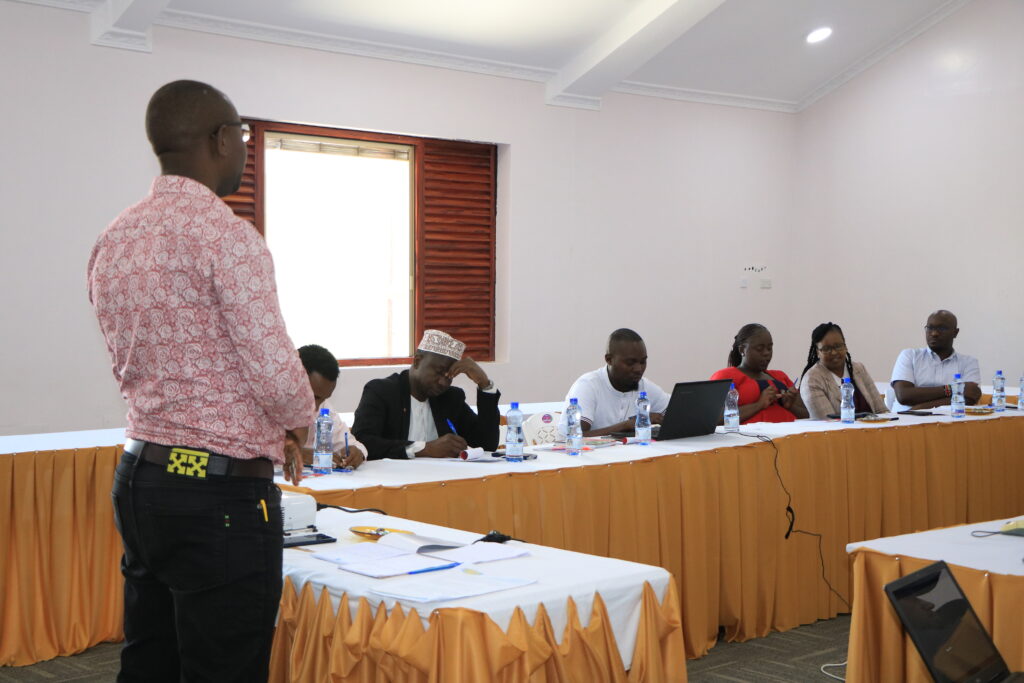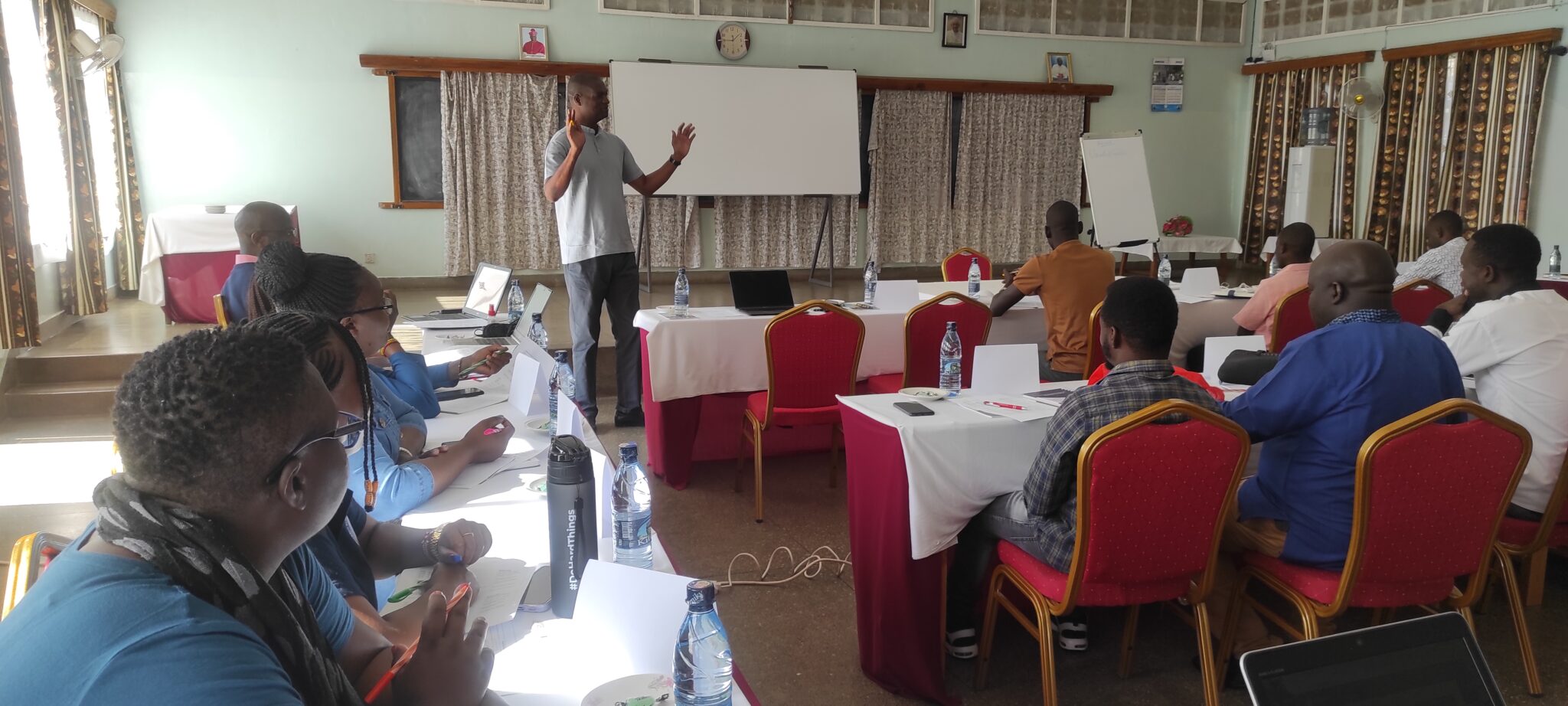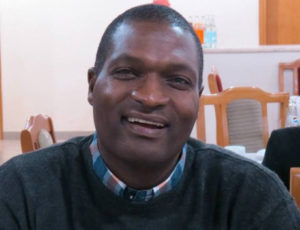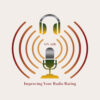Elevate your Radio Station with the IYRR Program
Access Support, Resources and Training to Improve Capabilities and Broaden your Audience Reach!
IMPROVE YOUR RADIO RATING (IYRR)
Boosting your radio ratings is like turning up the volume on your station’s success, where every listener counts as a vote for your electrifying content!
The IYRR program targets radio stations in developing countries that are community/ faith-based and have limited access to information, resources and capacity building support. Through this program, the radio stations will acquire skills, knowledge and resources that will enable them to improve their programming, production, and overall performance. The program will provide the radio stations with training modules that will include topics such as creating an audience-centered radio station, content production, radio broadcasting, digital marketing, radio analytics, and radio management. The radio stations will also get access to mentors and coaches who will provide guidance and support.
The program also aims to build the capacity of the radio stations to understand their audiences and provide them with content that are relevant to their needs and interests. The radio stations will be able to track the performance of their program through analytics, measure audience engagement, and make informed decisions about the content they provide. The radio stations will have access to tools that will help them assess their performance and measure the impact of their programming. At the end of the program, the radio stations and presenters will understand their audience’s preferences, needs, and behaviors, a plus that will enhance their competence in creating more effective communications and better serve their target audiences.

Mission
To guide the radio presenter, reporter and/or manager through a facilitated two-year experiential audience research training.
Vision
An empowered Community/ Faith-based radio that is enabled to appreciate audience feedback and improve its signal stability, radio programming and management.
The Steps are as Follows:
- Step I: Recruitment of radios
- Step 2: Inception
- Step 3: Introduction to quantitative research sessions
- Step 4: Piloting Stage i.e. Development of quantitative research instruments (followed by field work)
- Step 5: Introduction to qualitative research (mentorship sessions followed by development of research tools and field work)
- Step 6: Tools and programs for data analysis
- Step 7: Interpretation of data
- Step 8: Report writing
Key Areas of Trainings
Key Areas of Trainings
Key Areas of Trainings
- Why Audience Research for community radio stations?
- Understanding the Theory of Change
- Designing data collection tools for quantitative and quantitative audience research
- Planning and practical Audience Research activities
- Using Audience Research findings to make decisions in the community radio station
- Writing Audience Research reports
- Integrating Audience Research in the day to day radio operations.
Improve Your Radio Online Training Modules
Introductory Survey Sessions (5 Sessions)
i. What survey is all about
ii. Key elements of radio survey
iii. Demographics in survey

Module 1
Introduction and Theory of Change (online)
MODULE 3
Introductory Survey Sessions (5 Sessions)
What survey is all about
Key elements of radio survey
Demographics in survey
MODULE 5
Quantitative Research (in-person)
Learning the SPSS program (1 month online coaching)
Generating quantitative data (3 months coaching)
Interpreting qualitative data (2 months).
MODULE 7
Data Interpretation (in-person meeting)
Interpretation of quantitative data
Interpretation of qualitative data
Introduction to report writing.
MODULE 2
Inception Phase (in-person training)
Baseline Mapping
Interaction with facilitators
Outline discussion and refining to suit the radio needs
Implementation matrix and outcome setting
Introduction to the modules
MODULE 4
Piloting Stage (9 sessions)
Grounding demographics in research
Developing and refining research instruments
Conducting pilot study
MODULE 6
Qualitative Research (6 sessions)
Types of qualitative data
Constructing interview schedule
Categorising and thematising data.
MODULE 8
Report Writing (in-person)
Deducing programmatic findings
Deducing policy findings
Actions recommended
Learner Aptitudes
Interested learners should have the following aptitudes:
- Loves working in radio and/or media
- Has the interest and willingness to engage in a self-learning facilitated audience research process
- Is a team player including learning with others in the program
- Is open to learning more
- Is self-motivated in becoming a better media personality.
Our Team

Elias Mokua (PhD)

Andrew Kaufa (PhD)

Fabíola Ortiz dos Santos
